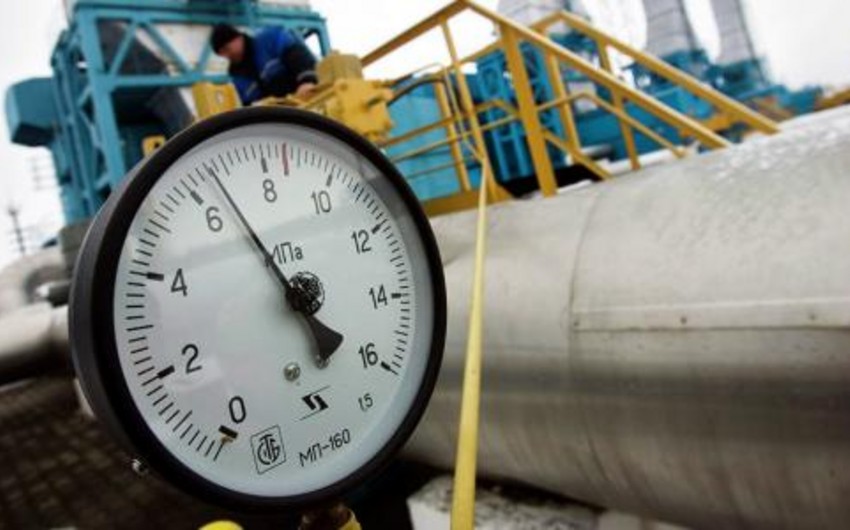Supplies of Azerbaijani gas to Europe within the Solidarity Ring initiative (STRING) may amount to 5 billion cubic meters per year at the initial stage, the executive director of the Slovak Gas and Oil Association (SGOA), Richard Kvasňovský, said in an interview with the Slovak publication Pravda, Report informs referring to Interfax.
According to him, the dependence of European countries on Russian gas has decreased significantly in recent years thanks to the supply of liquefied natural gas and Norwegian gas.
“Azerbaijan may become another source country. This would be a significant contribution to increasing energy security, especially for the countries of Central and Eastern Europe, given their historical connection with the eastern gas pipeline system,” he said.
According to him, in this context, the Solidarity Ring initiative should be noted, which is aimed at increasing the volume of gas imports from Azerbaijan through the existing infrastructure, subject to increasing the capacity of cross-border connections.
“At the first stage, our region can receive up to 5 billion cubic meters of natural gas from Azerbaijan, which, for comparison, corresponds to the annual consumption of natural gas in Slovakia,” he added.
Kvasňovský reminded that Azerbaijan is one of the EU’s important partners in efforts to diversify natural gas supplies. According to him, this is evidenced by the Memorandum of Strategic Partnership in the energy sector signed by the country with the European Commission, which provides for an increase in the supply of Azerbaijani gas to 20 billion cubic meters per year.
Member of the board of the transport company Eustream Miroslav Bodnar, in turn, within the Solidarity Ring initiative through Bulgaria, suggests the use of the existing infrastructure of Slovakia. “We are completely ready for this and will be able to start using it fully in the summer,” Bodnar explained. According to him, at the moment the problem area is on the border between Romania and Hungary, since transport capacities are currently fully loaded.
However, Bodnar believes that the conclusion of an agreement on gas imports does not mean that Slovakia can immediately completely abandon Russia in terms of gas supplies. “In the near future, they (new supplies) will cover part of Slovakia’s needs, but we can prepare in full,” Bodnar noted.
On April 25, 2023, in Sofia, a memorandum of understanding was signed to develop cooperation between gas transmission system operators in Bulgaria (Bulgartransgaz), Romania (Transgaz), Hungary (FGSZ), Slovakia (Eustream), as well as the State Oil Company of Azerbaijan within the Solidarity Ring initiative (STRING).
The Solidarity Ring initiative was proposed by Bulgarian President Rumen Radev in October 2022 and received support from the European Commission. It aims to improve the security of natural gas supplies to Central and South-Eastern Europe. STRING provides for the supply of additional volumes of natural gas to the EU from the Caspian Sea through the Southern Gas Corridor and the use of the existing transport infrastructure of Bulgaria, Romania, Hungary and Slovakia.
The project participants are confident that it can be implemented in the shortest possible time and with minimal costs for a small modernization of the existing network.


 https://static.report.az/photo/d0b6ccb1-68b0-37a4-a853-2374a1a07375.jpg
https://static.report.az/photo/d0b6ccb1-68b0-37a4-a853-2374a1a07375.jpg

